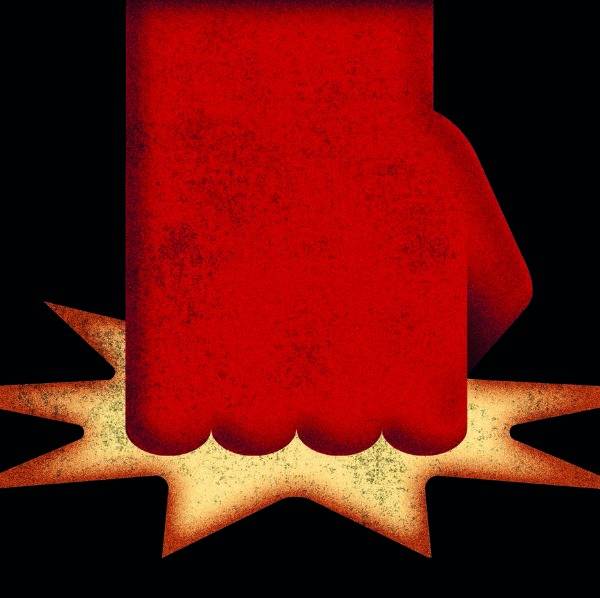Arthur Miller is a great dramatist and a great man. Martin Gottfried's new biography, although substantial and full of detail, does not really get the measure of the man who was one of the most powerful writers and significant humanists of the twentieth century.
Miller was born of a New York Jewish family. The primary experience of his youth was the Depression, which dramatically changed his family's fortunes. It meant that he had to work to support his studies at the University of Michigan. It also meant that he developed an abiding belief that we are all interconnected in society as a whole. He was influenced by leftwing students and leftwing theatre projects. From an early age he embarked with great determination on a career as a dramatist. Success was slow and he constantly reworked his scripts, honing and perfecting the dialogue and shape just as he delighted in carpentry: his craftsmanship was a major part of his play making.
His first success was All My Sons, where industrial negligence had caused a plane to crash killing the manufacturer's son. In Miller's work the view that profit must outweigh humanity is often excoriated. This is even clearer in his masterpiece, Death of a Salesman, where a sales rep is about to be cast aside because of age and ineffectiveness. As the protagonist says: "You can't eat the orange and throw the peel away - a man is not a piece of fruit."
Miller was a persistent critic not of commerce, but of the commercial ethic as an all-embracing ideology. Gottfried quotes, with apparent approval, the opinion that Miller's plays could be 'preachy'. Certainly they have ideas and moral concern, but these are embedded in characters of luminous reality and ideas of vibrant liveliness: there is nothing of the sermon in his plays. He lost his religion at an early age and Gottfried seems to have difficulty with his criticism of religion, especially Catholicism. Of course, there is no place for a hagiography of Miller, and Gottfried is right to point to some imperfections.
A moment of great courage, in his life rather than his plays, was his response to the House Committee on UnAmerican Activities. This inquisition in hounding communists and socialists tried to get its victims to 'name names', to divulge names of others who have taken part in communist activity. Whether to succumb to the pressure to name names was an acid test for intellectuals at the time. Miller refused and was given a sentence of one month's imprisonment, which he escaped on appeal. His belief in acting for human freedoms was seen in his later work as President of the international writers' association PEN. The Crucible was a play about the witch hunt in Salem, demonstrating the hysteria and sometimes sexual guilt which power such assaults on people's freedom.
Miller's life was not free from unhappiness: he left his first wife for Marilyn Monroe, a woman who, rightly, wanted to be seen as 'someone' rather than a mere 'body'. She committed suicide shortly after they separated. Humanists do not promise universal happiness and Miller attends to the problem of evil in Incident at Vichy. Miller it should be noted achieved longterm happiness with his third wife.
His plays, especially the later ones, which I think Gottfried underestimates, were never Broadway successes - they offer so much more than the entertainment that the average New York audience seems to desire. He has been more widely praised in Britain, perhaps because a social conscience on stage is more acceptable in Britain than the US, perhaps because of the greater tradition of verbal and moral plays and the UK.
To get the feel of Miller's sinewy, concrete thought, it is better to turn from Gottfried to Miller's autobiography, Timebends (1987), which may have moments of selfjustification and partiality but has the full voice of Miller. To get a full understanding of his theatrical artistry go and see The Price (London) or A View from a Bridge (Birmingham), productions which demonstrate his durability.
Miller wrote essays about his plays, which Gottfried finds hamfisted, but I find very percipient. In an introduction to one volume of his Collected Plays, he writes: "I regard the theatre as a serious business, one that makes or should make man more human, which is to say, less alone." Although life too is a serious business, it should be pleasurable, and Miller believes in the possibility of bringing about change. I suspect that his plays will continue to make an impact long after Gottfried's biography is forgotten.

